
Pokémon Go as a mobile game is disrespectful of both your free time and effort, wanting you to walk for hours to achieve progress, but worse than that, it's also disrespectful of both your data and mobile battery life. In a week of playing the game semi-regularly - and by that, I mean I went for a walk around a park a couple of times, and stopped my bike on journeys to have a nose around for Pokémon - I used 1GB of data, and on days when I was playing regularly, I'd often have to charge my phone again in the early afternoon. I have the view that my mobile phone battery is the closest equivalent I have to a real-life health bar, so to have it totally ravaged by a game is a big negative for me.
If you're lucky enough to have a house or office next to a Pokéstop, good for you, you can play it sitting down somewhere comfortable. If you live in a rural area though, there's a good chance you'll have to walk a mile or two to get to a Pokéstop. You could be fighting over a single gym in a whole village. This doesn't affect me too much because I work from an office in central London, but there's a lot of people struggling to catch Pokémon because they live deep in the countryside.
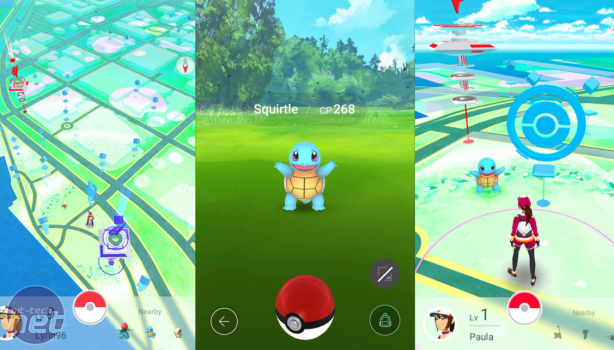
Socially though, it's done something I've never seen before with a game. Crowds of people I'm passing on my lunch break in Shoreditch are playing, the gym opposite my partner's house usually has two or three people outside it chatting, and there are roving groups of people wandering London with phones in hand. One of my Facebook friends, after taking a week complaining about the app, is now loudly proclaiming Pokémon Go's mental health benefits while he posts photos of a field he (by his own admission) probably wouldn't have walked through otherwise.
In a normal Facebook day now I'm seeing a girl I went to university with screaming 'Yaaaaassss' as she proudly shows a photo of her new Blastoise, a dad taking his teenaged sons to a local park to catch Pokémon together and a friend complaining that they can't find a certain Pokémon in Hyde Park.
This'll all come to an end, of course. Pokémon Go isn't a game you can play by yourself, it's a game that lets you become a part of a community. Without the people on social media chatting about it, the groups of people in the street will get bored and stop playing; a lot of the pull will be gone, leaving just a few loyal players. For now though, it's a craze the likes of which mobile gaming has never seen. For a little while, Pokémon Go is as big as Pogs, the Tamagotchi and yo-yos.
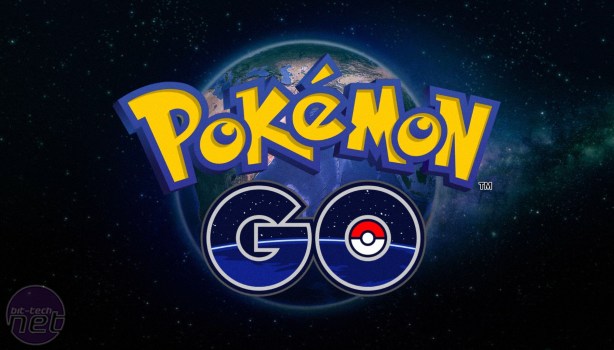
Would this have happened without the game's Pokémon skin, and the social pressure from all angles for people to give the game a go? Probably not. Does that make it a bad thing? Resolutely not.
While I thought it was terrible, and intend to uninstall the thing as soon as I've filed this piece, I'm hesitant to heap too much criticism on it. Culturally it's incredibly significant, but also if it's genuinely making people's lives better by getting them to walk about, something that medical studies have shown you is essential for not dying (PDF warning) and getting them to socialise, again a thing medically proven to help you not perish, then maybe it's a force for good. I just don't think it's necessarily for everyone, but it's free to play, so it's easy for you to dip in and find out for yourself. The best thing about being in the games industry is that if something comes along I don't like, I can just ignore it and focus on something else.
Augmented reality might well be the future of games, or at the very least a sub-genre of games, but we're not there yet. Pokémon Go just shows that we've taken the first step and the $14 million it has reportedly made Nintendo is going to be a good motivator for other companies to try their hand at monetising their old properties.

MSI MPG Velox 100R Chassis Review
October 14 2021 | 15:04

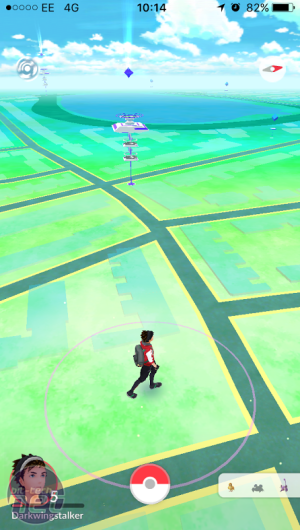
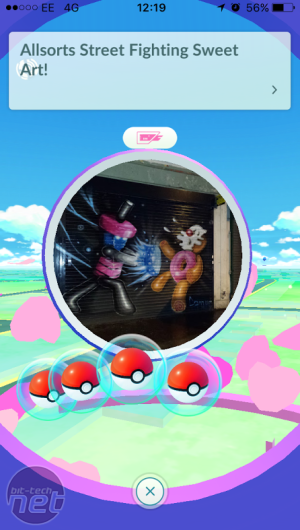

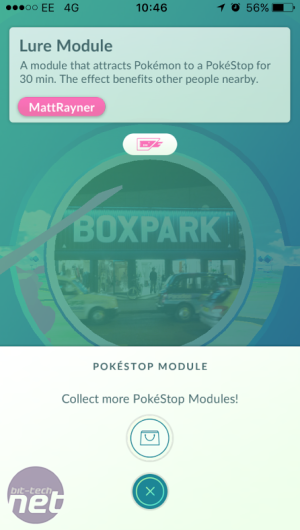








Want to comment? Please log in.